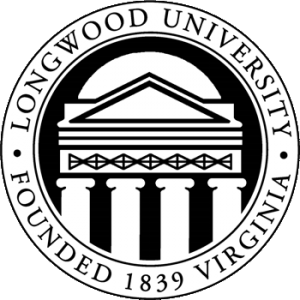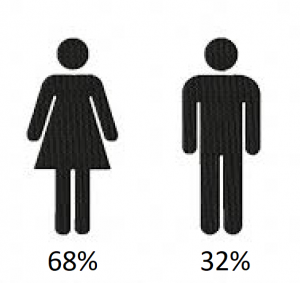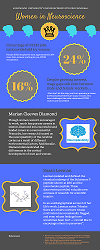About Our Program
Living in today’s society, you’ve no doubt heard the term STEM (Science, Technology, Engineering, and Mathematics) used in a variety of places and situations. Maybe you’ve seen it in a magazine, on the news, or heard co-workers discussing STEM subjects over lunch. Of particular interest is the subject of Neuroscience – the study of the parts and functions of the brain. But Neuroscience is so much more than that.
As citizens in the Age of the Brain, we are part of a society determined to understand ourselves. Whether emotionally or physically, we want to know why we are what we are. Why do some people get sick when others don’t? What separates us culturally? Why are some people more prone to depression and anxiety than others? Does stress affect different people differently? How does the brain even work? Can we use what we know about people to improve our personal and professional lives? To make money? To prevent wars or grow ou r society? People everywhere are looking to the brain to solve many of life’s problems, big and small.
r society? People everywhere are looking to the brain to solve many of life’s problems, big and small.
In 2015, Longwood University began offering the Neuroscience Studies minor to students with the goal of making the mysteries of the brain accessible to students. Our unique interdisciplinary curriculum is the only one of its kind, allowing students to gain foundational knowledge in neuroscience while also applying it to their different fields of interest. Unlike other programs, ours is designed to provide students with an intentional focus on the interrelationships of neuroscience across the liberal arts. This accentuates learning in closely related fields such as biology, chemistry, computer science, mathematics, medicine and allied disciplines, physics, and psychology.
Longwood’s interdisciplinary approach to neuroscience brings together the aforementioned programs, offering a curriculum that spans multiple disciplines and suits a variety of needs. Our faculty, specialists in their own disciplines, form the LINK Group (Longwood Interdisciplinary Neuroscience Knowledge) and are dedicated to helping students succeed no matter what their end goal may be. This is achieved in a variety of ways:
- Students can complete internships (on and off campus), engage in student research, and build career skills (a requirement of the NEUR 405 – Interdisciplinary Neuroscience course) all while pursuing their college degree.
- Faculty Advising, in addition to online resources such as Degree Works, enables students to structure a minor that suits their individual interests. Additionally, we are more than willing to answer all your questions about the program and what you can do with it (check out our FAQ page!).
- Encourage students to develop connections with other program graduates through the use of LinkedIn and other social media platforms.
- Sharing knowledge and enabling them to find a fun, fulfilling career in a neuroscience-related discipline.


